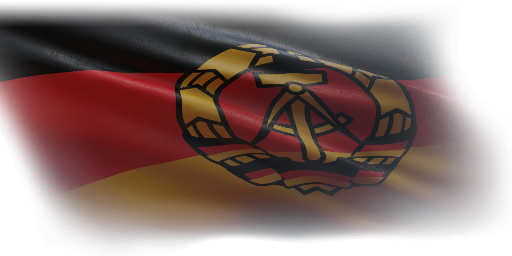
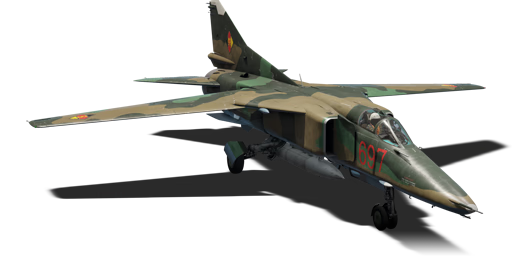



Following adoption of the MiG-23B ground-attack variant of the MiG-23, Mikoyan OKB quickly set out to modernize and upgrade the aircraft where possible. The first of these many upgrades was the MiG-23BN variant, with the main difference being the usage of the Type 3 wings of the MiG-23ML and an upgraded variant of the R-29 engine. The BN variant saw almost no use with the Soviets, instead being a very popular export model to both Warsaw Pact and Third World customers. During the mid-late '70s, the East German airforce received 18 MiG-23BNs, especially modified by removal of the dielectric fairings, and received without any countermeasure dispensers. These aircraft would serve in the forefront of the ground attack roles alongside the Su-22 aircraft used by the East German air force.
The MiG-23BN (Germany) (NATO: Flogger-H) is a dedicated ground attack variant of the MiG-23, introduced in Update "Drone Age" to the German tech tree. It lacks any form of countermeasures, guided ordnance, or air-to-air missiles, but do not let this deter you, as in air battles, the aircraft is not only very versatile and fast (having the flight performance of the MiG-23s at a far lower battle rating), but with the ability to take gunpods and outrun almost every enemy it faces, it is a force to be reckoned with when used in the fighter role at its battle rating. The aircraft also shines in mixed battles, where it can use its ballistic computer to accurately rain bombs and small-calibre rockets over a wide area, or precisely pick enemy tanks off using the powerful S-24B rockets, accurately aimed using the CCIP computer. All in all, the MiG-23BN is an aircraft that appears bad on paper at first and turns away many players, but those who truly master its playstyle in both air and ground battles are heftily rewarded with a very fearsome aircraft.
flaps
flaps
flaps
brake
| Name | Weight | Slot | ||||||
|---|---|---|---|---|---|---|---|---|
| 289 kg | 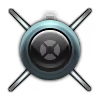 |  | ||||||
| 16 × | 110.2 kg |  |  |  |  | |||
| 32 × | 225.5 kg | 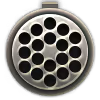 |  |  |  | |||
| 20 × | 376 kg |  |  |  |  | |||
| 235 kg | 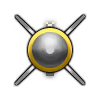 |  |  |  | ||||
| 4 × | 456 kg | 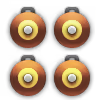 |  |  |  | |||
| 227 kg | 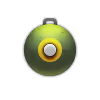 |  |  |  |  |  | ||
| 508.3 kg | 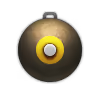 |  |  |  |  |  | ||
| 2 × | 454 kg | 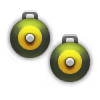 |  | |||||
| 2 × | 1,016.6 kg | 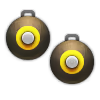 |  | |||||
| 374 kg |  |  |  |  | ||||
| 163.8 kg | 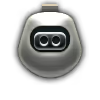 |  | ||||||
| 114 kg |  |  | ||||||
| Drop tank (820 liters.) | 59.6 kg |  | ||||||












Flight performance |
|---|
Survivability |
|---|
Weaponry | ||
|---|---|---|